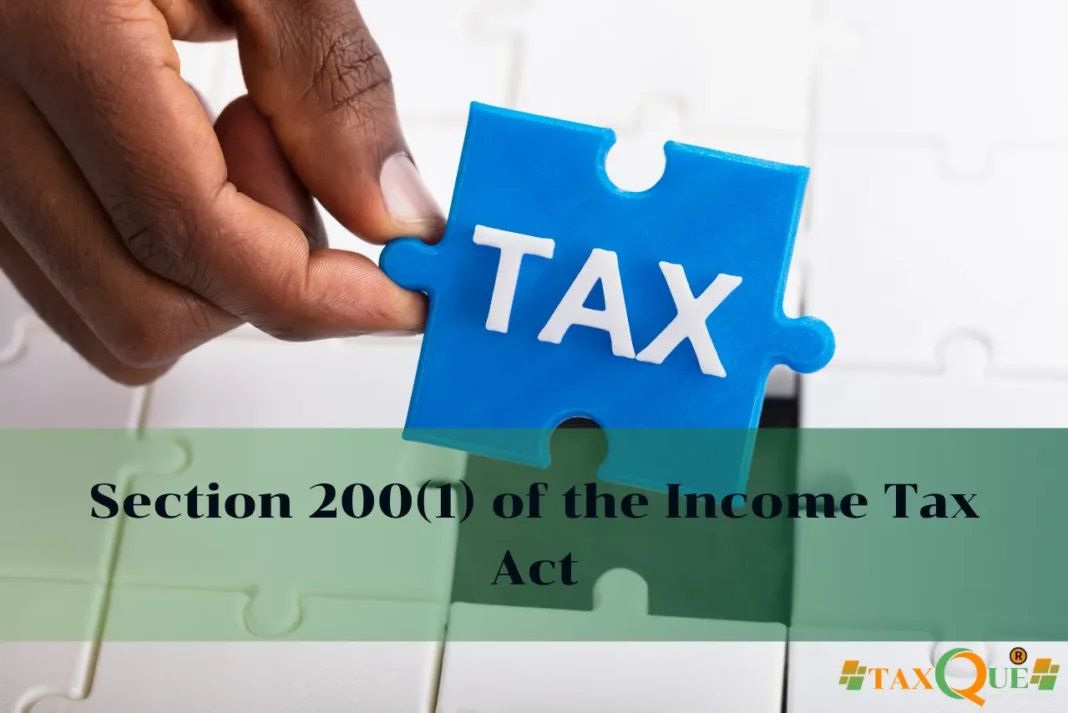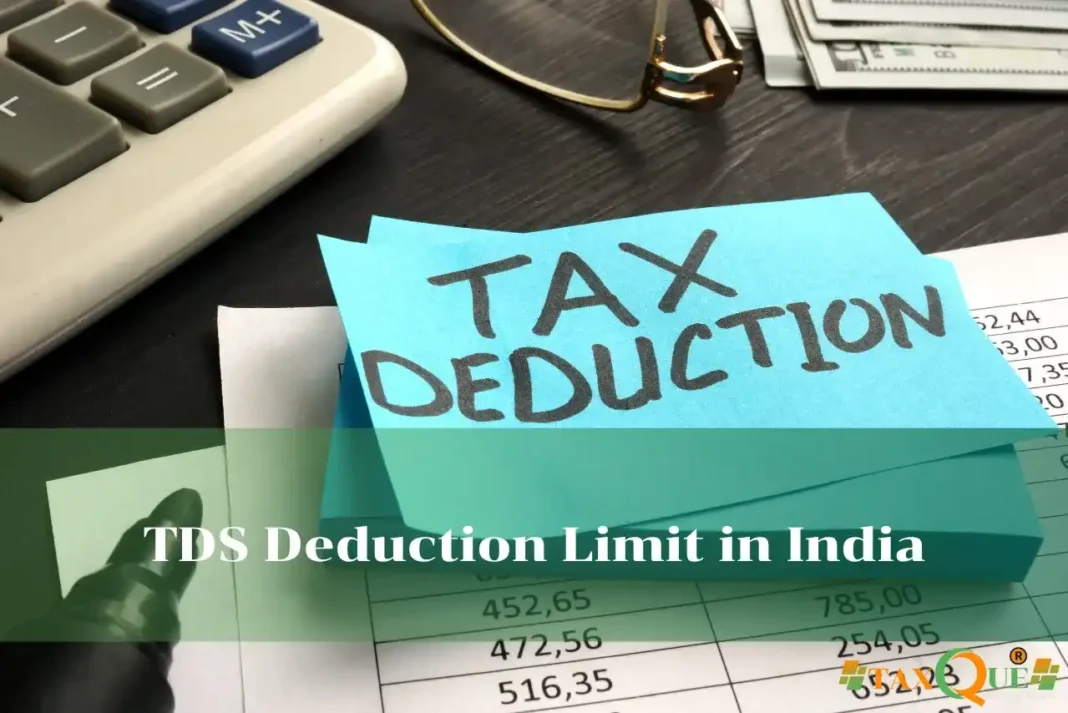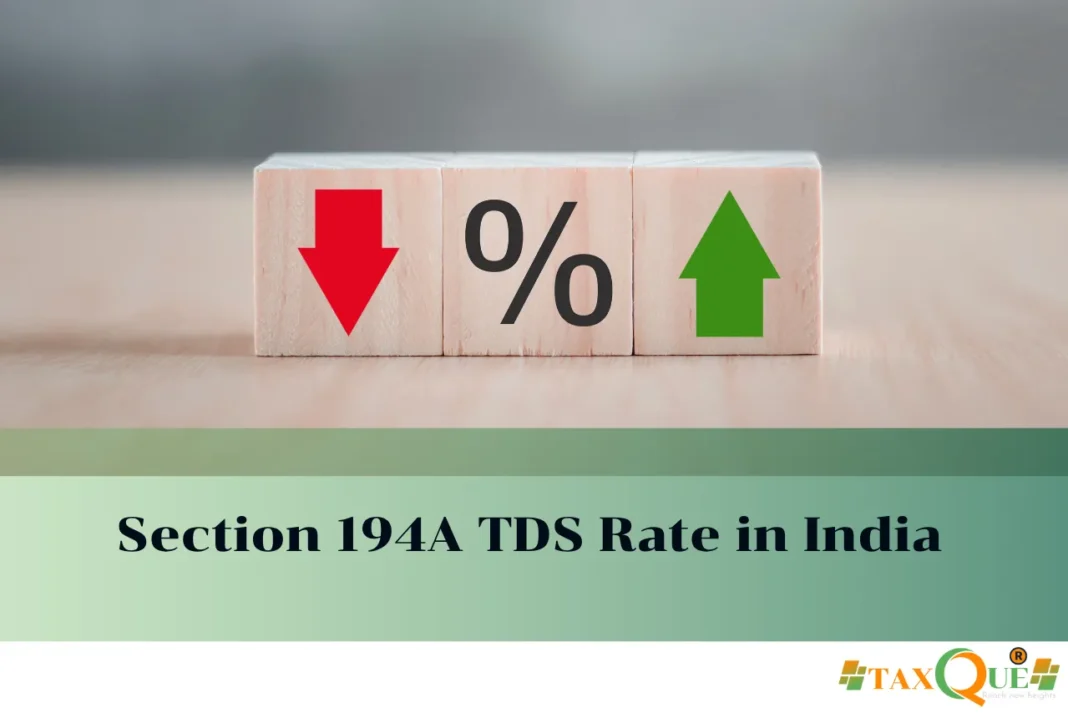Introduction
Taxes in India can seem complicated, but knowing key rules like Section 200(1) of the Income Tax Act makes it easier. This section deals with the duty to deposit Tax Deducted at Source (TDS) on time, helping the government collect taxes smoothly. If you’re a business owner, employer, or anyone handling payments, understanding Section 200(1) of the Income Tax Act is important to avoid fines. In this guide, updated for 2025, we’ll explain Section 200(1) of the Income Tax Act in simple terms, covering what it means, who it applies to, timelines, and tips. With the financial year 2025-26 underway, staying on top of Section 200(1) of the Income Tax Act ensures you comply without hassle.
What Does Section 200(1) of the Income Tax Act Mean?
Section 200(1) of the Income Tax Act is all about the responsibility of people who deduct TDS to pay it to the government within set deadlines. It says that anyone deducting tax under the Income Tax rules must deposit the amount to the Central Government’s account quickly. This rule is part of Chapter XVII-B, which handles tax deduction at source for things like salaries, interest, or professional fees.
In easy words, if you deduct TDS from a payment, Section 200(1) of the Income Tax Act makes sure you don’t keep that money – you have to send it to the authorities. For example, when a company deducts TDS on a freelancer’s fee under Section 194J, this section guides when and how to deposit it. It helps prevent tax dodging and keeps the system fair. As of 2025, there are no big changes to Section 200(1) of the Income Tax Act, but always check for budget updates.
Who Does Section 200(1) of the Income Tax Act Apply To?
Section 200(1) of the Income Tax Act applies to anyone who deducts TDS, including businesses, companies, employers, and even individuals in some cases. It covers a wide range of payments where TDS is needed, such as:
- Salaries paid to employees (Section 192).
- Interest on loans or deposits (Section 194A).
- Fees for professional or technical services (Section 194J).
- Rent, commissions, or contractor payments.
Government offices have special rules under Section 200(1) of the Income Tax Act, like depositing on the same day without a challan in some cases. It applies to both residents and non-residents, with no general exemptions unless mentioned in other parts of the Act. For small businesses, this means if you deduct TDS, you must follow the deposit rules to stay compliant.
Key Compliance Rules Under Section 200(1) of the Income Tax Act
To follow Section 200(1) of the Income Tax Act, deductors need to focus on accurate deduction and timely deposit. Use Challan ITNS 281 for payments, including details like your PAN and the assessment year. After depositing, file quarterly TDS returns in forms like 26Q and give certificates (Form 16A) to the people you deducted from within 15 days of the return due date.
For government deductors, if no challan is used, send a statement instead. Here’s a quick list of steps for compliance:
- Calculate TDS correctly based on the payment type.
- Deposit using the right method and timeline.
- Keep records of all transactions.
- File returns on time to avoid extra fees.
Using tools from TaxQue can automate these steps, making Section 200(1) of the Income Tax Act easier to handle.
Timelines for TDS Deposits as Per Section 200(1)
The deadlines under Section 200(1) of the Income Tax Act depend on who is deducting and when. These come from Rule 30 of the Income Tax Rules. Check this table for a clear view in FY 2025-26:
| Type of Deductor | Month of Deduction | Deposit Deadline |
|---|---|---|
| Government office (no challan) | Any month | Same day as deduction |
| Non-government | April to February | 7th of next month |
| Non-government | March | 30 April |
| Government office | March | 7 April |
| Special sections (194IA, 194IB, 194M) | Any month | 30 days from end of deduction month |
| Quarterly allowed (192, 194A, 194D, 194H) | Any quarter | 7th of month after quarter (30 April for March) |
If the date falls on a holiday, move to the next working day. For instance, TDS deducted in August 2025 by a private company must be deposited by 7 September 2025.
Penalties and Tips for Avoiding Mistakes
Not following Section 200(1) of the Income Tax Act can lead to issues. You’ll pay interest at 1% per month for not deducting and 1.5% for late deposits. Other penalties include fines up to the TDS amount, blocking of expense claims in your tax return, and even jail time in bad cases (3 months to 7 years).
To stay safe:
- Use software to track deductions and deposits.
- Check Form 26AS yearly for matches.
- File corrections if you spot errors.
- Watch for updates on the Income Tax site.
TaxQue can help with reminders and filings, reducing risks under Section 200(1) of the Income Tax Act.
Frequently Asked Questions (FAQs)
What is the main purpose of Section 200(1) of the Income Tax Act?
Section 200(1) of the Income Tax Act requires anyone deducting TDS to deposit it to the government on time. It ensures taxes are collected early and helps avoid evasion, covering payments like salaries and fees.
Who needs to follow Section 200(1) of the Income Tax Act?
Anyone deducting TDS, such as employers, businesses, or government offices, must comply with Section 200(1) of the Income Tax Act. It applies to various payments, with special rules for government entities.
What are the deposit deadlines under Section 200(1) of the Income Tax Act?
For non-government deductors, it’s the 7th of the next month (April to February) or 30 April for March. Government offices often deposit same day. Special sections have 30-day limits. Always confirm with TaxQue for your case.
What happens if I miss deadlines in Section 200(1) of the Income Tax Act?
You’ll face interest (1-1.5% per month), penalties up to the TDS amount, and possible jail time. Late returns add fees up to Rs. 1 lakh. Use TaxQue to set alerts and avoid these problems.
How can I comply easily with Section 200(1) of the Income Tax Act in 2025?
Keep good records, use Challan 281 for deposits, and file quarterly returns. Automated tools from TaxQue simplify calculations and filings, ensuring you meet Section 200(1) of the Income Tax Act rules without stress.
Conclusion
Section 200(1) of the Income Tax Act is a key rule for handling TDS deposits, keeping the tax system running smoothly. By understanding the duties, timelines, and penalties, you can avoid common pitfalls and stay compliant in 2025. Whether dealing with salaries or service fees, following Section 200(1) of the Income Tax Act helps your business thrive. If it feels overwhelming, TaxQue offers simple solutions and expert advice to guide you. Stay informed, deposit on time, and make tax management straightforward this year.





